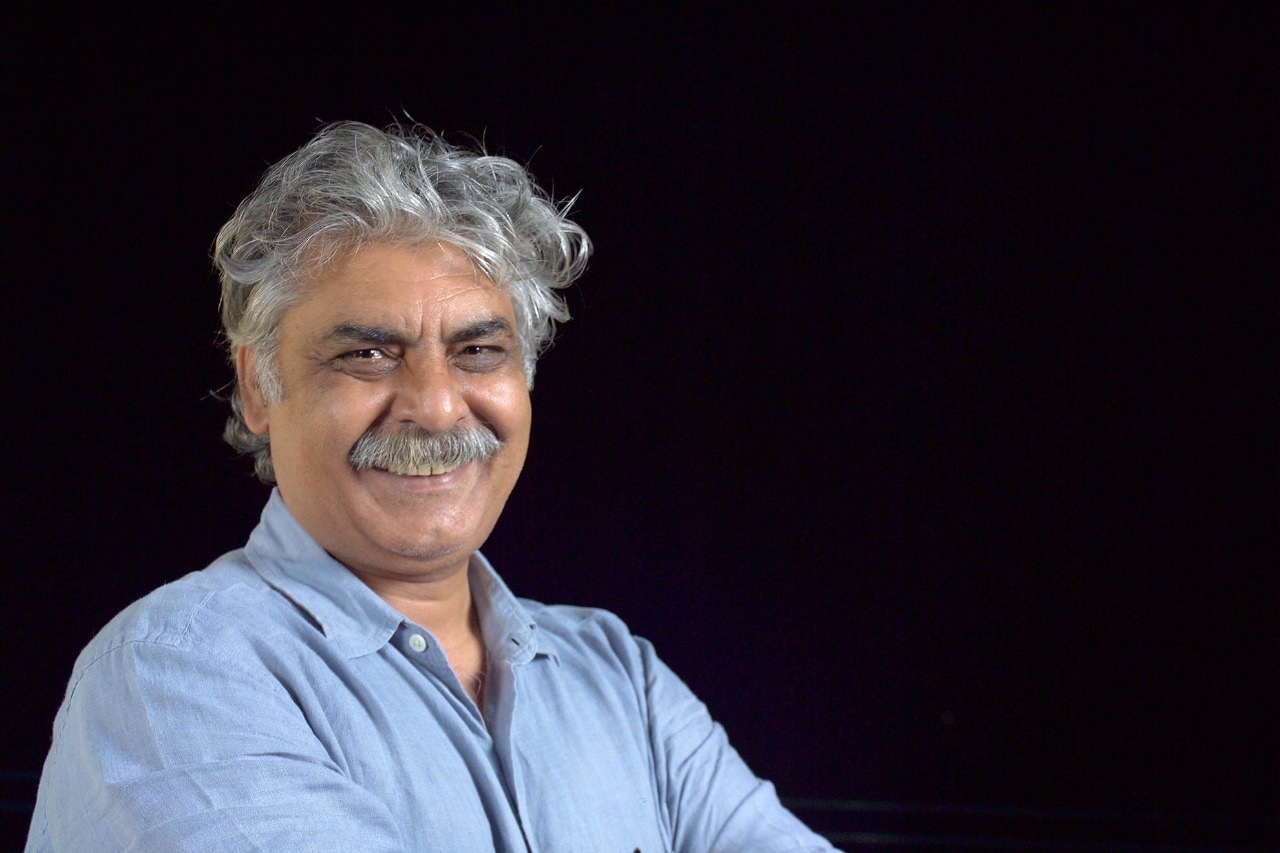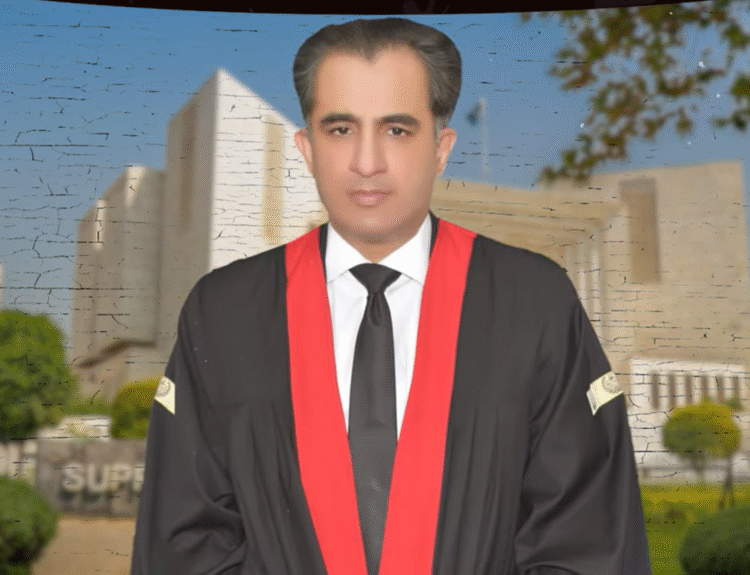By Khalid Hussain
Representatives from more than 150 countries met today, December 10, 2018, in Marrakech, Morocco, to endorse the UN-led Global Compact on Migration. This happened the same day the British Prime Minister (PM) Theresa May postponed a parliamentary vote on her Brexit deal to avoid a clear defeat. And French President Emanual Macron promised actions for low wages, overtime and pensions of less than 2000 Euros to pacify the agitating “Yellow Vests”.
May said she would return to Brussels for further talks–but the EU warned it would not reopen the agreement. In an emergency statement to the House of Commons, the British PM conceded her draft divorce agreement with the European Union faced defeat by a “significant margin” of MPs on Tuesday. Insisting she had “no doubt this deal is the right one” she has promised to seek “further assurances” over a controversial backstop clause relating to Northern Ireland.
Macron in his “address to the Nation” Monday night announced “Salaire minimum interprofessional de croissance” or Smic employees will receive an increase of 100 Euros per month “at no cost to their employer”. He also said retirees receiving less than 2,000 Euros per month will be exempted from the rise of the generalized social contribution (CSG ), a compulsory levy since in 1991 that contributes to social security and unemployment insurance. Responding to the movement of “yellow vests”, the head of state also announced overtime will be paid “without taxes and charges from 2019”.
“We must not succumb to fear,” urged UN Secretary-General Antonio Guterres, before the formal adoption of the newly passed United Nations Global Compact on Migration (UNGCM) text to strengthen international cooperation for “safe, orderly and regular migration.” The UNGCM has generated political tension in several countries especially in the European Union (EU).It has exploded the coalition government in Belgium, with the resignation of ministers from the Flemish nationalist party.
There are around 258 million mobile and migrant people in the world, or 3.4% of the world’s population. More than 80% of travel between countries is legal. For illegal migration, more than 60,000 have died on their journey since 2000, according to UN figures.
The intergovernmental conference in Marrakech was to be a purely formal step in the UN process coincided with the 70th anniversary of the Universal Declaration of Human Rights. The document is still awaiting a final ratification vote on 19 December at the UN General Assembly in New York. But the subject is sensitive leading to unleashing the passions. Fifteen countries—Austria, Australia, Bulgaria, Chile, Estonia, Hungary, Italy, the Czech Republic, the Dominican Republic, Latvia, Poland, Slovakia, Slovenia and Switzerland—already announced their withdrawal or the freezing of their decision after approving the text on July 13 in New York.
The United States withdrew from the drafting of the text in December 2017 since it was judged to be in conflict with the immigration policy of President Donald Trump. The US launched a new salvo against the Pact and against any form of ” global governance ” last Friday.
The European nationalists are up in arms against the Pact in the run-up to the European elections scheduled for May 2019. Migration is a big contention in the EU. German Chancellor Angela Merkel joined the Marrakesh meeting to support the Pact like several European Prime Ministers: the Spaniard Pedro Sanchez, the Portuguese Antonio Costa, the Greek Alexis Tsipras, the Danish Lars Løkke Rasmussen—who has just tightened his country’s migration policy—and the Belgian Charles Michel, who has therefore maintained his trip at the price of the unity of his coalition. In a well appreciated speech, Merkel pleaded for multilateralism by recalling Nazism. “The answer to pure nationalism was the foundation of the United Nations and the commitment to find together answers to our common problems,” she said.
The Pact is yet non-binding. However, it has identified principles—defense of human rights, children, recognition of national sovereignty—and list different options for cooperation—exchanges of information and expertise, integration of migrants and the like. Human rights defenders are ardently supporting the Pact even though some people find it insufficient, particularly on the rights of migrants. Its detractors see it as an encouragement to an uncontrolled migratory flow.
“Between the unacceptable laxity and the insupportable security, there is a path that we open today”, for its part estimated the king of Morocco Mohamed VI, in a message to the participants. Mexico, Guatemala, El Salvador and Honduras have welcomed a “historic agreement” and put forward their new regional “development plan” to curb emigration from Central America, while thousands of migrants are massing on the American border under the watchful eye of President Trump. Mexico is providing $ 35 billion in investment for this plan, which is “the first and most important application of the Pact,” said Marcelo Ebrard, the head of the Mexican diplomacy during a press briefing with his three counterparts.
It is, therefore a shame to observe Prime Minister Imran Khan side step all the key Human Rights issues Pakistan faces. Speaking on the occasion of the International Human Rights Day on Monday, Khan stressed the need to tackle the exploitation and marginalisation of vulnerable groups in society. In his message, he said there is a strong need to raise awareness about equality and justice and assured that his government will “ensure that its vision of leading marginalised groups to lives of dignity and equality becomes a reality.”
There was no mention of Pakistan’s 2017-18 Universal Period Review (UPR) of the United Nations Human Rights Council public (UNHRC). Human Rights Activists have been demanding to present it in parliament as the UNHRC recommendations favour the country and its people. “The world is not conspiring against Pakistan. The UPR recommendations and the European Union’s G-Plus demands are all in favour of our country and people,” Veteran journalist and a voluntary spokesman of the Human Rights Commission of Pakistan I. A Rehman urged the government to take all stakeholders into confidence while presenting Pakistan’s performance on the recommendations for the next UPR.
Trump, May, Macron and Merkel have their own context in which they are responding to the expressions from their voters in their respective countries. Trump and May are not in favour of migration. Macron and Merkel support a human migration being globalists in their politics. Pakistan has no idea where it stands when it comes to Human Rights. The UPR made 289 51 recommendations in 2017-18 for improvement in the Human Rights situation in Pakistan. The spirit of democracy demands that these recommendations should be placed before the parliament so the legislators are aware of the country’s international human rights obligations.
Human Rights are not a burden but the minimal guarantee to rights protected by our own Constitution. The UN Global Compact has broached the subject of Migration to strengthen “cooperation on international migration in all their aspects”. We must learn from the passage of the Pact that “promotes international cooperation on migration between all relevant actors, knowing that no state can handle the issue of migration alone”. It “respects the sovereignty of States and the obligations of international law”.
__________________________________________________________________________________________________________________
Khalid Hussain is Resident Editor of TLTP – You may contact Khalid Hussain at Resident.Editor@lawtoday.com.pk.pk
Categories
Uncategorized
Wither Human Rights




